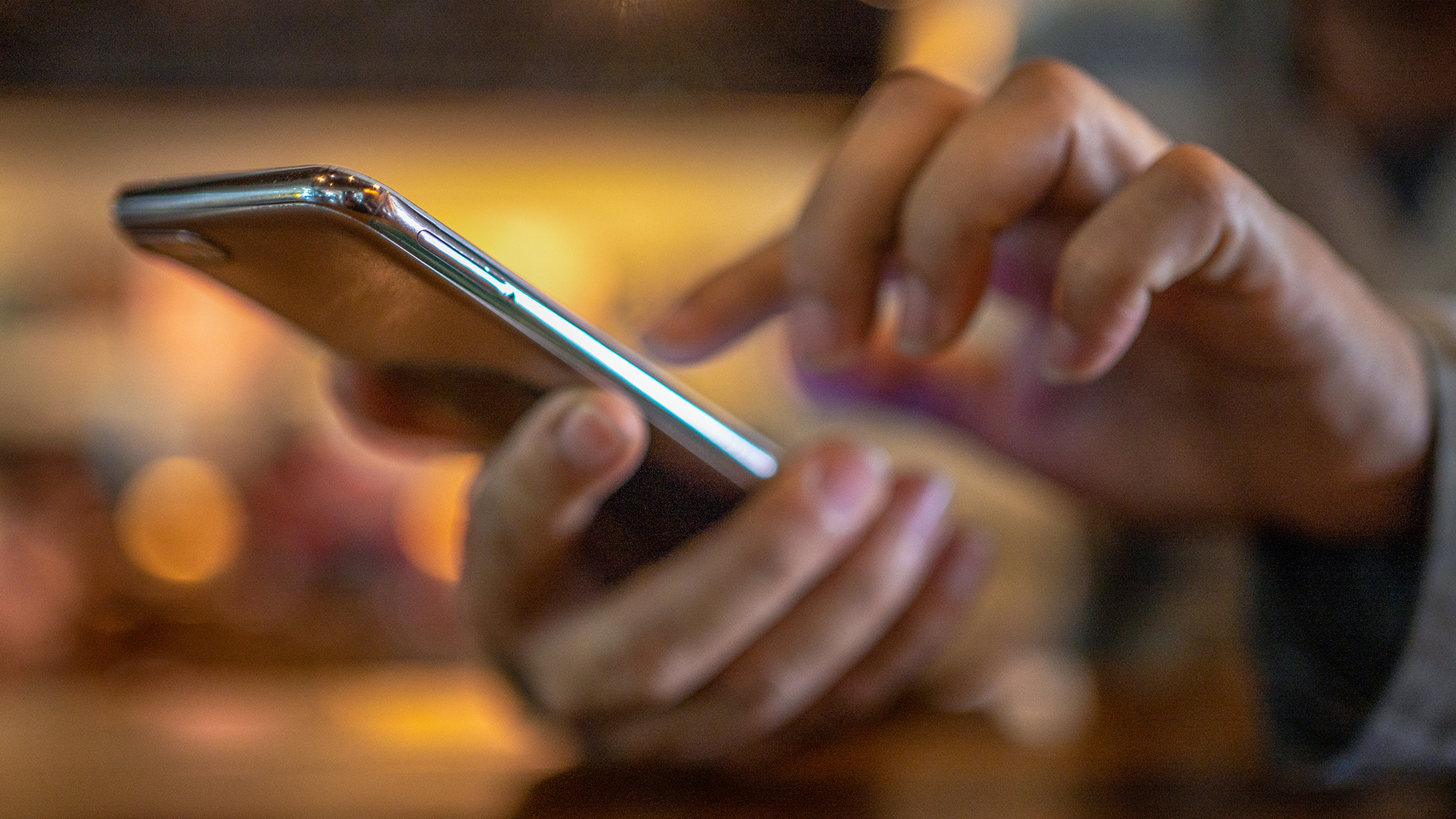FCC Releases Draft of Broadband Subsidy Rules
Will not expand covered device definition to include phones or phablets

The smarter way to stay on top of the multichannel video marketplace. Sign up below.
You are now subscribed
Your newsletter sign-up was successful
As advertised, FCC Chairwoman Jessica Rosenworcel has released a draft of an order and further notice of proposed rulemaking (FNPR) on rules to govern the $14.2 billion Affordable Connectivity Program (ACP) broadband subsidies, including proposing to allow Emergency Broadband Benefit providers to automatically qualify to provide ACP-authorized service.
But despite the urging of the wireless industry, the FCC is not expanding the definition of covered devices to include smart phones.
The idea is to give the public and stakeholders time to comment on the item, though they will have to read fast since it is over 150 pages long.
Also: FCC to Issue Subsidy Draft ASAP
The ACP program provides up to $30 per month toward broadband service (up to $75 for tribal communities) and up to $100 toward a broadband access device, excluding smart phones.
The public will have only until January 11 to comment given a congressional deadline that the FCC have promulgated the rules by January 14, which the commission still needs to vote on.
The FCC report and order is proposing to make the ACP technology neutral, which means among other things, that eligible entities will include both cable and wireless internet service providers, but also municipal broadband and co-ops.
The smarter way to stay on top of the multichannel video marketplace. Sign up below.
But it is not proposing requiring ISPs to turn over service plan information during the ACP election process, saying it was convinced by commenters, which included ACAC, NCTA, INCOMPAS and many others, that "such an administrative burden could discourage provider participation." The burden being "filing information on all service plans for a particular provider," which "could result in thousands of permutations of price, service characteristics, and geographic information that would delay election notice filing and processing."
Other proposals:
1. Only one $30/$75 subsidy per household.
2. Only one $100 device subsidy per eligible household.
3. Mirroring its Lifeline subsidy, the FCC says that any participating household that is paying nothing for broadband service and does not use it at least once every month will be de-enrolled unless they start using it.
4. The FCC is not expanding the definition of "connected device" to include smart phones, as the wireless industry had sought. It says the statute clearly defines it as "a laptop, desktop computer, or a tablet," which means it does not include smart phones or “devices that can independently make cellular calls such as large phones or phablets." The FCC says that Congress "could have easily expanded the definition of connected devices to allow cellular phones and other devices," but did not.
“Congress gave the FCC a very short window to stand up the Affordable Connectivity Program and working with a hyper-accelerated schedule during the holidays, we’ve proven that we are up to the task with this draft," said Rosenworcel.
The FNPR seeks comment on an "outreach partner" grant program, as well as on how a household not on tribal land but in an area where it is extremely costly to provide service could get an enhanced benefit of up to $75.
Contributing editor John Eggerton has been an editor and/or writer on media regulation, legislation and policy for over four decades, including covering the FCC, FTC, Congress, the major media trade associations, and the federal courts. In addition to Multichannel News and Broadcasting + Cable, his work has appeared in Radio World, TV Technology, TV Fax, This Week in Consumer Electronics, Variety and the Encyclopedia Britannica.

